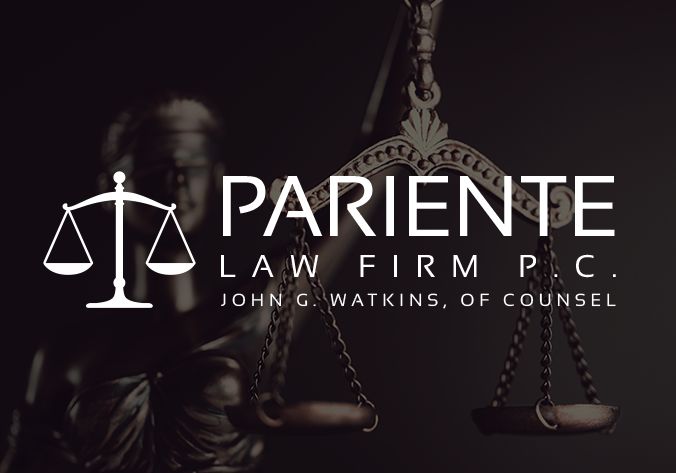The results of the field sobriety tests are subjective and therefore not always entirely accurate, which makes them a problematic component in proving the guilt of someone charged with a DUI. Anyone facing DUI charges who feel that their field sobriety test was not administered correctly or who failed due to other circumstances should contact an experienced DUI attorney as soon as possible. The information compiled below is intended to serve as a helpful overview for anyone trying to familiarize themselves with these tests.
A Brief History of Field Sobriety Tests
Versions of field sobriety tests (sometimes referred to as FSTs) have been depicted in countless movies and television shows, though admittedly with varying levels of authenticity. This prevalence in popular culture, with questions of accuracy aside, have ensured that most drivers have at least some degree of familiarity with the way these tests are administered, but may not have a real understanding of how they came to be in use or the role they play when a DUI or DWI arrest is made.
Field sobriety tests were developed by the US National Highway Traffic Safety Administration (NHTSA), following research that began in 1975. The intention was to create methods that could be used by police officers to gauge whether or not a driver was intoxicated and if so, to what extent. A set of the most reliable variations of the FST methods was adopted by police forces across the nation by 1981. At this time, the tests were designed specifically to highlight the signs of intoxication present in someone with a blood alcohol concentration (BAC) of 0.10% or higher. The tests have been refined over time to recognize more subtle signs of impairment as some states began lowering their legally recognized BAC limits, but they are far from foolproof.
Your Rights Regarding Field Sobriety Testing
Nevada’s implied consent laws and strict policies regarding other forms of BAC testing, which drivers are required to submit to if asked, have left the impression on many drivers that if they are asked to perform a series of field sobriety tests after being pulled over, they are legally required to do so.
This is actually not the case. It is well within your rights to refuse this unreliable type of sobriety testing. However, it should also be acknowledged that unfortunately, refusal to submit to FSTs can be misinterpreted as an indication of probable cause that you are under the influence. This often prompts further BAC testing in the form of a breath or blood test, which you will be legally required to submit to.
Field Sobriety Tests Used in Nevada
There are many individual tests that have been approved by the NHTSA, but law enforcement officers in Nevada are primarily limited to the use of the following three:
● One Legged Stand
This test will require the driver to balance on one leg and recite the alphabet or be asked to count to a high number. This test is usually performed for a period of about 30 seconds.
Indications of intoxication during this test include swaying, needing to put the raised foot down, hopping or using arms to remain balanced, and to a lesser degree, the accurate recitation of numbers/ABCs requested.
● Walk and Turn
This test will require the driver to take nine steps, often along a line, walking heel to toe, turn around and take nine more heel to toe steps back.
Indications of intoxication during this test include too much reliance on the arms to maintain balance, difficulty in receiving and following or understanding the instructions including beginning before being told to and taking the wrong number of steps, having unsteady overall balance or the need to stop while walking, and falling over while performing the test.
● HGN (Horizontal Gaze Nystagmus) or Pen Test
This test is meant to measure the movement of the eyes as they follow an object all the way to the right or left side.
Indications of intoxication during this test include an involuntary jerkiness or bounce in the movement of the eyes as an object is visually followed to either side. This test is considered to show likely proof of significant levels of intoxication (.10% BAC or higher) if failed.
Questionable Accuracy of Field Sobriety Tests
The results of a field sobriety test are wholly subjective, meaning that the officer administering the tests is given the authority to determine whether or not you pass or fail the tests.
Additionally, there are a wide variety of factors that can affect the performance of drivers who submit to FSTs that have no connection to their alleged level of intoxication. Examples of complicating circumstances include:
● A health condition or medication required for a condition that can affect the balance or coordination of the driver
● The style of shoe or clothing the driver is wearing
● Body limitations of the driver based on obesity, age, or other physical factors, like an existing injury
● Weather conditions, poor condition of the testing area, such as cracks or uneven asphalt, and insufficient light to observe the subtle indications of the test
● Anxiety, fatigue, or intimidation experienced by the driver at the time of their test
● Presence of surrounding distractions, including being observed by spectators or proximity to ongoing traffic
It is important to relay to your attorney all of the circumstances surrounding your FST. Any inaccuracy or mistakes observed during the testing procedure can be an important addition to the defense of your charges and may lead to your charges being reduced or dismissed.
If you or someone you care about is facing DUI charges after being subjected to field sobriety testing that you feel was administered improperly, does not reflect an accurate picture of your level of sobriety at the time the tests were performed for any reason or which you refused and feel that your response was used against you unfairly, we invite you to contact our office today for a free case evaluation. Charges which include the results of field sobriety testing can often be challenged successfully in court. We would like to hear your side of the story today.




